This is the time of year when many students are preparing to enter the workforce, whether through graduation or an internship. How can we as college ministers help equip our students for these opportunities? How can we help them be ready to share about Jesus in these new settings? We asked Dr. Dr. Jing-Qiong Kang, an associate professor specialized in epilepsy in the Vanderbilt University Department of Neurology, and Dr. William Caylor, a tax consultant with a major accounting firm, for their ideas about how to best prepare students for what comes next.
How can a believing student prepare to be a light for Christ in the workforce through an internship or research opportunity?
Dr. Kang: It is very important that a believing student is prepared to be a light of Christ in the workplace. The modeling effect in real life is essential and it can be more effective than teaching in a church setting. A believing student needs to develop skills to apply biblical teaching to real life situations.
Dr. Caylor: If an internship is a chance to ”try on” a particular job or career path, it’s also a chance to get practice at being salt and light in that workplace. What you learn from even a short time can be built on for a lifetime of living Christianly in the workforce.
What are some key things a believing student needs to think about before entering an internship?
Dr. Kang: I think there are at least three key things: 1) it would be useful if a believing student can be mindful of her or his identity as a follower of Jesus and truly understand what is the meaning of the biblical principles; 2) a believing student can think how Jesus spent his time among people 3) how is the work of the internship in line with God’s will in real life? For example, how does the research help treat disease/reduce suffering and improve peoples’ lives? A good understanding of the big picture will help students integrate the faith into real life.
Dr. Caylor: Adam and Eve had a charge to “work and keep” the garden before the fall. So, the student should think about the work itself, how it is good, and how it does good for the world.
A student should also think about his or her strengths and weaknesses, and how to make use of work as an occasion to build and improve his or her character: truthfulness, faithfulness, forethought and courage are as precious in the workplace as anywhere else.
Finally, a prospective intern should plan ahead to be a caring co-worker, being appropriately vulnerable and caring even in the short season of an internship.
How can a student integrate faith into their internship in a professional manner?
Dr. Kang: Please see above. The student can ask herself or himself the question what is the purpose of the internship. How can the internship benefit herself or himself and other people around him or other unknown people far away.
Dr. Caylor: In one sense, this is easy: as a Christ-follower, we would hope to increasingly bear the fruit of the Spirit, and “against such things there is no law.” In another, the student may have to find a wise boldness in how and when to express the content of the faith in such a way as to be heard. If we start by listening in order to care for our colleagues, we’ll often avoid misunderstanding or conflict to begin with.
Do you have any recommendations or discouragements of things to do or not to do in the workforce when integrating faith?
Dr. Kang: The student should use or translate the biblical teaching/principle into a language that is easily understandable/connected in real life. It is discouraged to use the language literally from the Bible, such as if you don’t believe, you will go to hell; we are chosen by God, etc.
Dr. Caylor: if Adam and Eve had a charge to work before the fall, work on this side of the fall is often frustrating, seemingly fruitless and gives us chances for friction with our co-workers. Go in with open eyes and tough skin. So too, I encourage the student to pray about their work and their co-workers – God cares about our lives, including our life as workers.
How can a student’s college minister be a resource and support to them to view an internship or research opportunity as missional?
Dr. Kang: It would be useful that the college minister maintains close contact and open communication with the students so she/he can learn what is going on and can help identify the potential opportunity that faith can be introduced and demonstrated in real life. In some cases, faith can help problem solving in the research setting. The college minister can serve as a bank that the believing students can withdraw love and wisdom in real time and in real life. It can be a great opportunity for the college minister to minister another group of people via the hands of the believing students.
Dr. Caylor: most students will not go into “vocational ministry,” but they are still commissioned with the rest of the church to make disciples. So, talking about that reality, and about the realities of church membership and service after campus is key.
Also, helping students have a Biblical vision or work is important, so that they do not fall into the trap of compartmentalizing their lives between spiritual and mundane, work and church.
Some good resources for forming your students or deepening your own theology of work, include:
- Tim Keller’s Every Good Endeavor
- Jordan Raynor’s The Sacredness of Secular Work and his Mere Christians podcast.
Good places to learn more include:

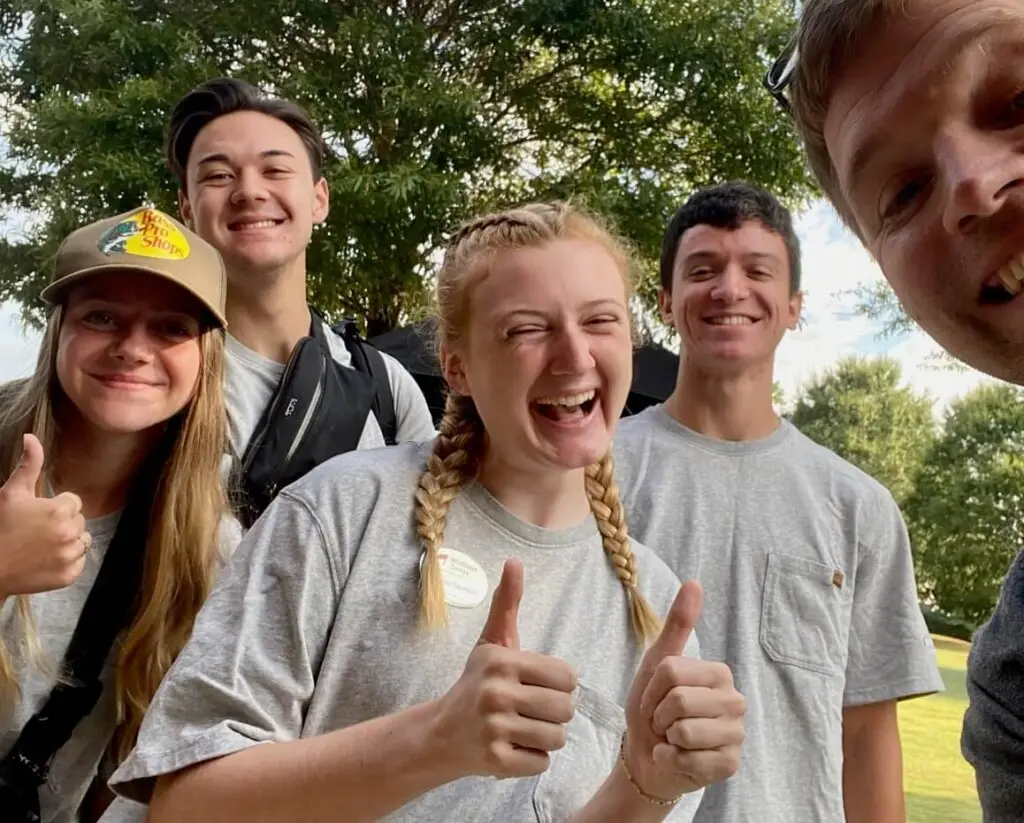
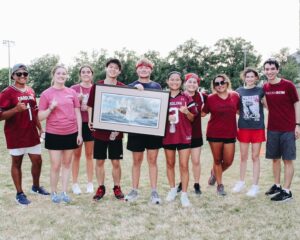
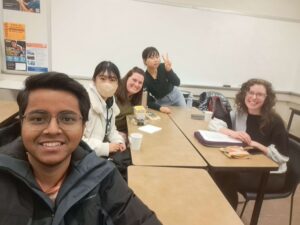
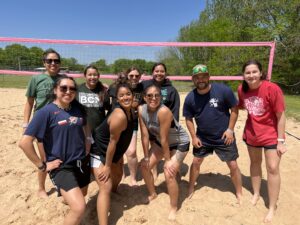
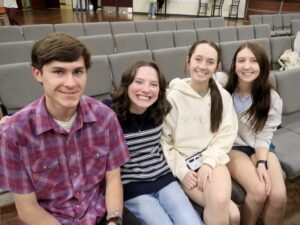

 by
by